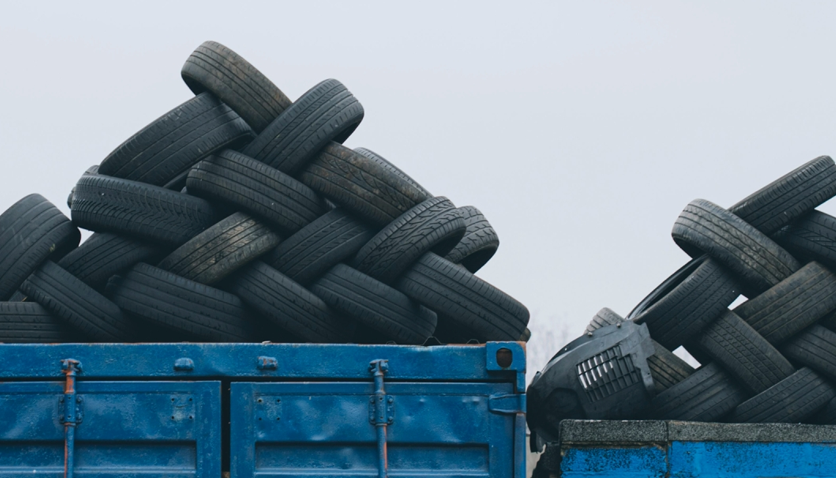7 Facts About Used Tires and Why Tire Recycling Matters
- Nov-2025, 15:41
- 0 Comments
- 5 Views

Tire recycling is essential for protecting the environment and using resources efficiently. It involves dismantling old tires, separating components like rubber and metal, and preparing them for reuse.
What are waste tires?
Waste tires are tires no longer safe or suitable for use. Responsible disposal prevents environmental pollution, protects human health from toxic chemicals, and safeguards wildlife.
Here are 7 interesting facts about used tires and their recycling:
1. 3,300 tires are produced every minute worldwide
Approximately 5 million new tires are made each day. After their useful life, these tires become potential waste. Recycling waste tires properly transforms them into valuable resources, benefiting both the environment and the economy.
2. Tire fires can last decades and harm health
Tires are highly flammable. Once they catch fire, they are very difficult to extinguish, sometimes burning for years. Tire fires release toxic smoke, damaging air quality and contributing to respiratory diseases, asthma, and even cancer.
3. Tires take up a lot of space in landfills
With about 1.6 billion new tires produced annually in the EU alone, improper disposal leads to huge accumulations in landfills. Tires are non-biodegradable, and their decomposition takes hundreds of years, making recycling crucial to reduce environmental harm.
4. Old tires can cause water stagnation and disease
Discarded tires can collect rainwater, creating breeding grounds for mosquitoes that spread malaria and other infectious diseases. Proper tire management protects both the environment and public health.
5. Tires can be recycled into many practical products
More than 110 products can be made from recycled tires. Rubber, steel, and other materials are extracted and reshaped. Recycled tires are used for playground surfaces, road construction, erosion control, and even as alternative fuel in cement production, reducing fossil fuel use.
6. Tires have a manufacturing and expiration date
Even unused tires degrade over time. About five years after production, thermo-oxidative degradation weakens the rubber. The DOT code on tires shows their manufacturing date: the first two digits indicate the week, the last two the year. For example, DOT code 2319 means the 23rd week of 2019.
7. Recycling tires reduces energy consumption
Producing new tires consumes high levels of energy and fossil fuels. Recycling rubber requires up to 50% less energy, saving resources and reducing dependence on non-renewable energy sources.
In modern life, tire recycling is crucial to reduce waste, save energy, and protect natural resources. Every year, billions of tires are discarded, but proper recycling helps promote a circular economy and a sustainable, environmentally friendly future.